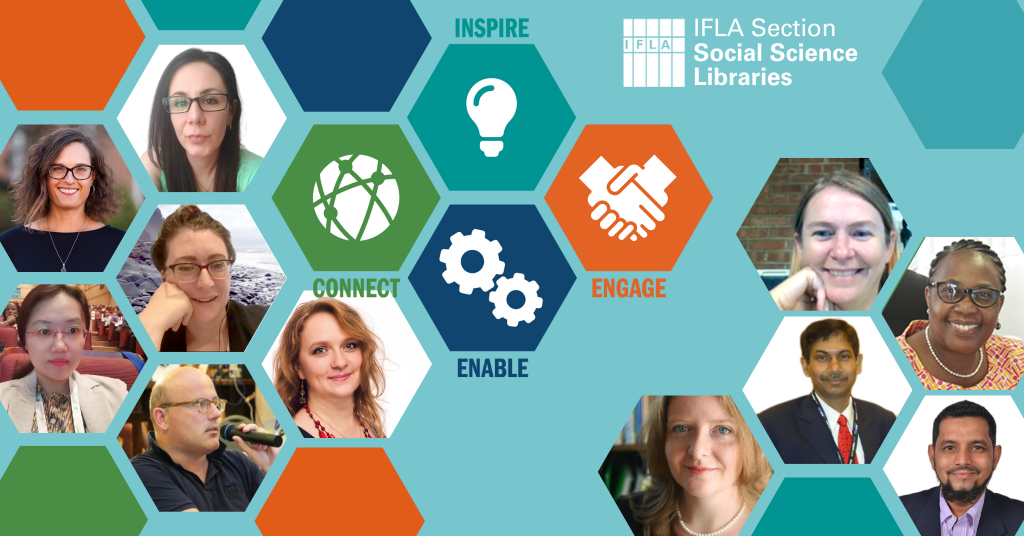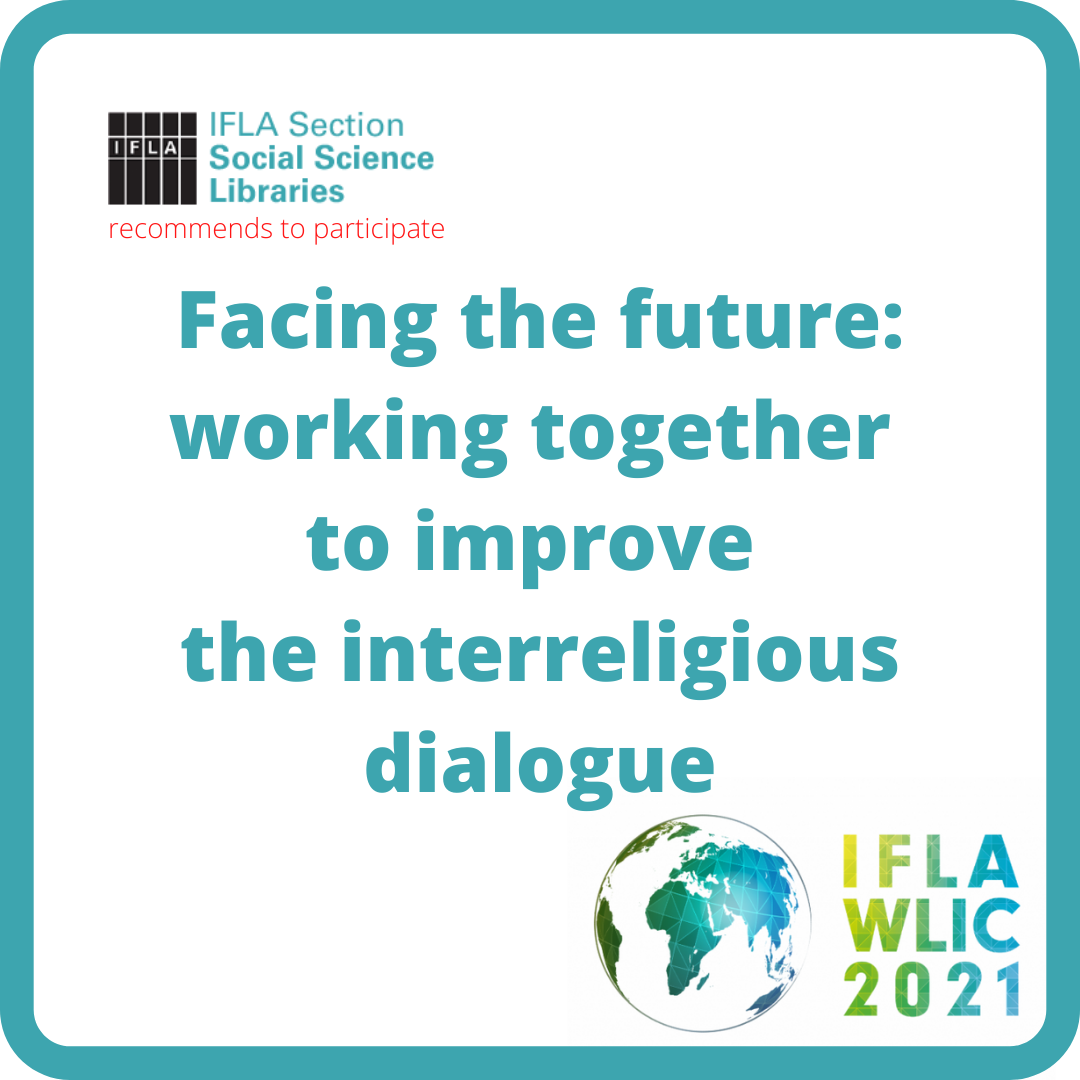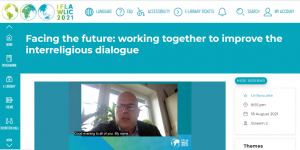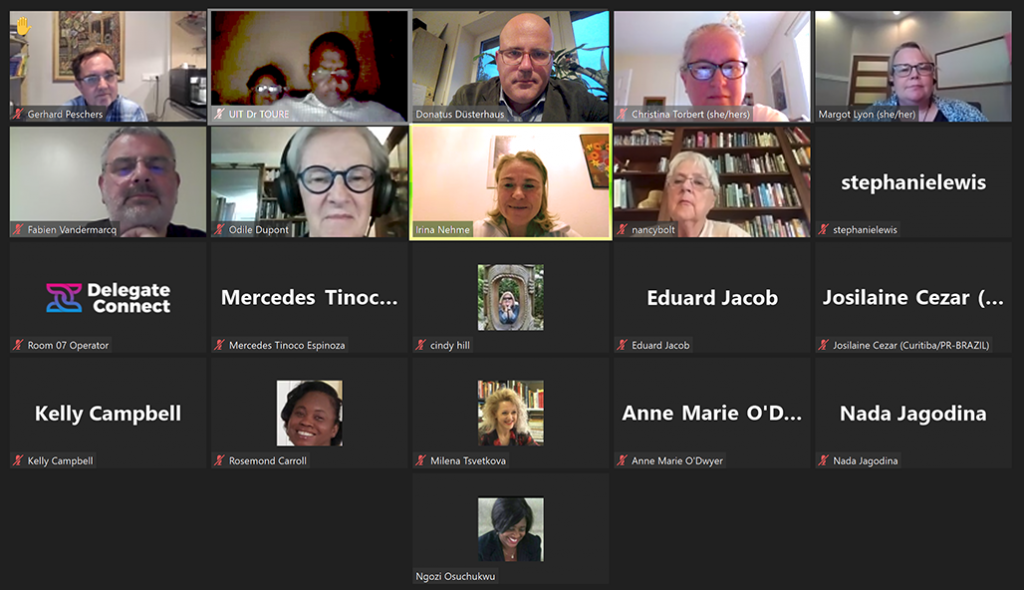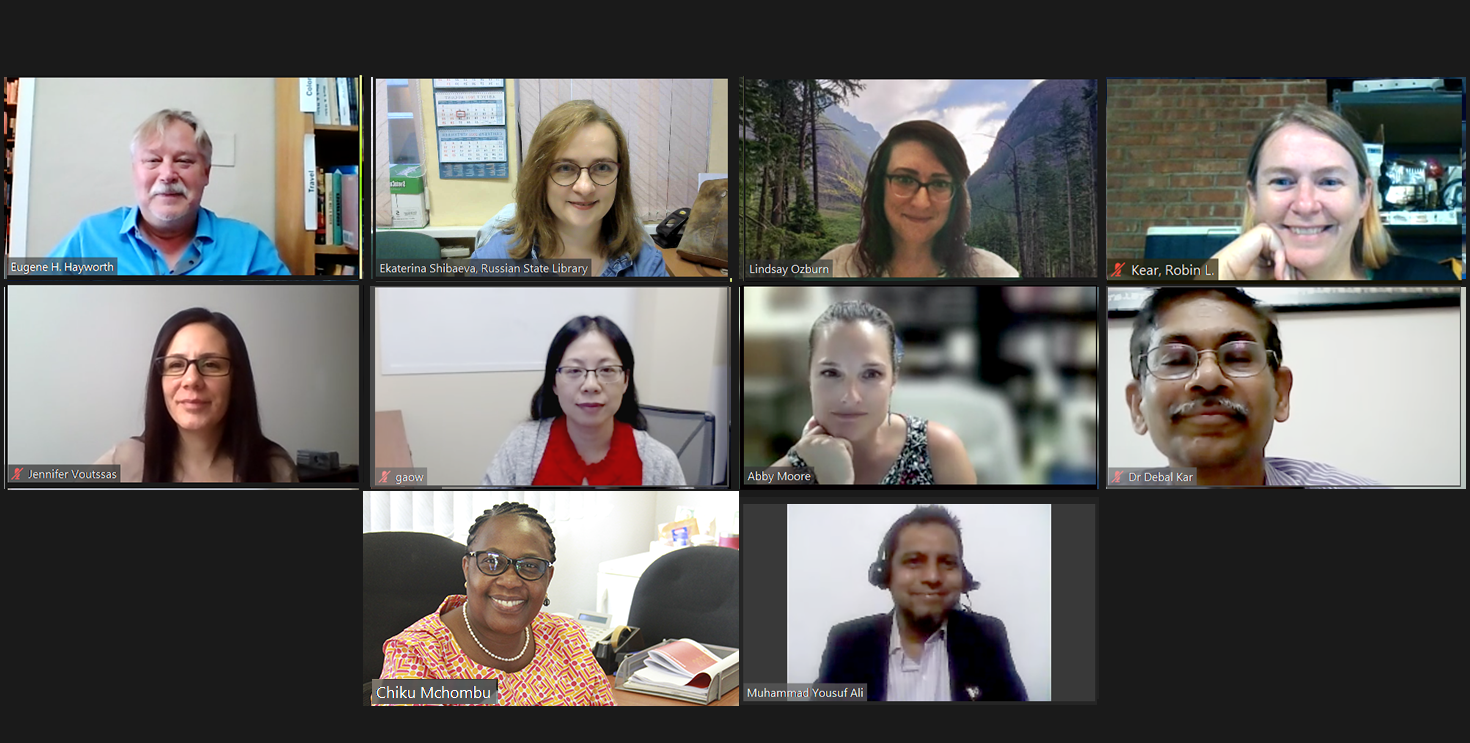In an effort to expand the SocSci partnerships and network of practice, we are launching a new blog post series “Social Science Libraries and Librarians Through the IFLA Global Lens”. This series will showcase the work of library professionals around the world, and the first one will be Dr. Muhammad Yousuf Ali from Karachi, Pakistan.
Dr. Muhammad Yousuf Ali is a professional librarian, information literacy trainer, and library researcher. He has completed the PhD 2023, from The Islamia University Bahawalpur, Punjab. He has done M. Phil from Hamdard University Karachi 2016 and MLIS from the University of Karachi with the distinction of 2nd Position, 2008.
Currently, he has been serving as an Associate Librarian at The Aga Khan University, Karachi since January 2017 till date. Before this, he served as Deputy Librarian at SMIU from September 2012 to Jan 2017; also performed Job assignments at the Defence Central Library (DCL), Karachi from Aug 2009 to Aug 2012.
He has written 29 research paper in reputable research journals. His Research area of Interest are Web 2.0, Scholarly Communication, Academic Scholarly Networks Sites, Digital Literacy, and Social Media Networks. Since 2019 he has been working as a member of the IFLA Social Science Libraries Standing Committee (2nd term till 2027).
Social Science Activities
The blog Research Knowledge and Information : Research Support Service to All in English language. You could find there most usfull information, related to Library Services, trends, research and research methodology and library technologies. This blog is helpful to librarians, library and information science students, researchers, and general readers.
The author is also available on YouTube 5Minutes Information Channel which has more than 100-plus videos related to topic (Research Methodology, Library Science, Information Science, Citation Style, Library Trends Library Technology and etc.)
Here you could find one Episode from the Series:






